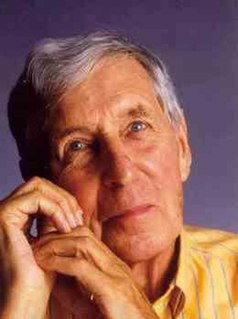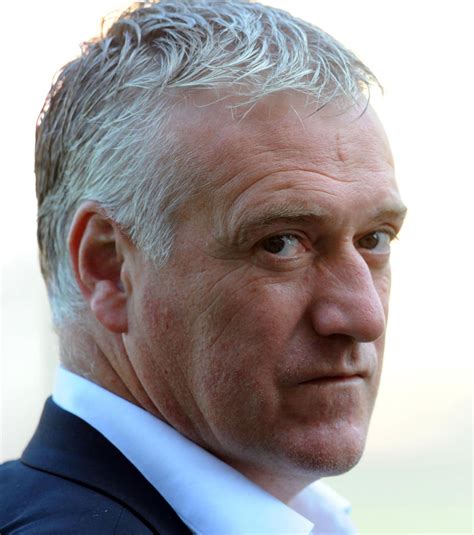A Quote by Eavan Boland
Poetry begins where language starts: in the shadows and accidents of one person’s life.
Related Quotes
We believe we can also show that words do not have exactly the same psychic "weight" depending on whether they belong to the language of reverie or to the language of daylight life-to rested language or language under surveillance-to the language of natural poetry or to the language hammered out by authoritarian prosodies.
Some people think that English poetry begins with the Anglo-Saxons. I don't, because I can't accept that there is any continuity between the traditions of Anglo-Saxon poetry and those established in English poetry by the time of, say, Shakespeare. And anyway, Anglo-Saxon is a different language, which has to be learned.
The mind, by its very nature, persistently tries to live forever, resisting age and attempting to give itself a form... . When a person passes his prime and his life begins to lose true vigor and charm, his mind starts functioning as if it were another form of life; it imitates what life does, eventually doing what life cannot do.




































